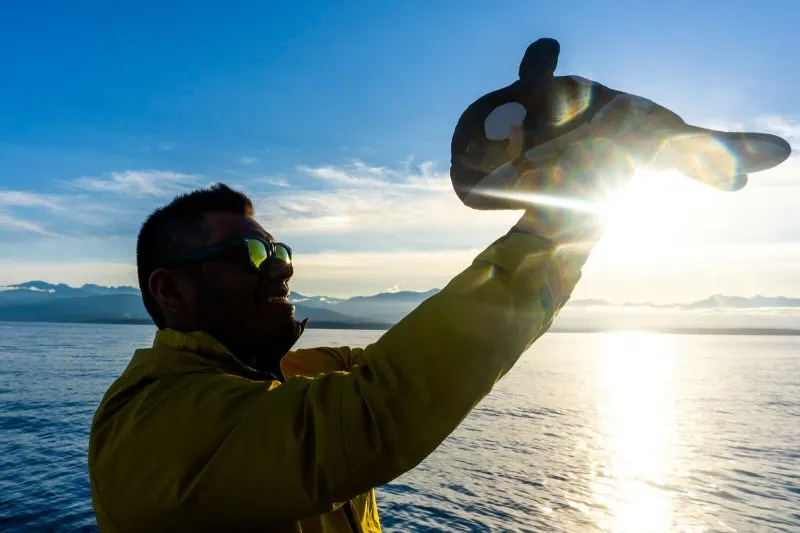Traveling internationally can be an enriching experience, offering new cultures, cuisines, and breathtaking landscapes. However, amidst the excitement of exploring new destinations, it’s crucial to prioritize your health and well-being.
Proactive measures can ensure that your overseas adventures are both enjoyable and safe. Here are 7 tips to protect your health while traveling internationally, my wonder friends. Enjoy!

Research and Prepare
Preparation is key when it comes to safeguarding your health abroad. Before you embark on your journey, research your destination thoroughly. Learn about any prevalent diseases, local healthcare facilities, and specific health advisories. Some countries may have health risks that are uncommon back home, such as malaria or dengue fever.
Moreover, check if vaccinations are required or recommended. An often overlooked but vital part of pre-travel preparation is securing international medical insurance. This ensures that, in the event of an emergency, you have access to quality medical care without exhausting your finances.
It’s vital to understand what your policy covers, including any exclusions or limitations on pre-existing conditions. Additionally, carry a copy of your insurance documents and save key contact numbers for easy access.
Mind Your Immune System
Traveling can take a toll on your immune system. Long flights, changing time zones, and exposure to new environments can weaken your body’s natural defenses. To stay healthy, prioritize getting enough sleep before and during your travels. Sleep is crucial for maintaining a strong immune system.
Hydration and nutrition play significant roles as well. Drink plenty of water, especially on long flights where the cabin air can be dehydrating. Balanced meals rich in vitamins and minerals help support your immune system. Consider packing snacks like fruits, nuts, or protein bars to ensure you have healthy options available. You can check this RTW Packing List for more tips about what to pack!

Practice Hygiene and Safety
Practicing good hygiene is essential, especially in unfamiliar locales. Regular handwashing with soap is one of the most effective ways to prevent illness. When soap and water aren’t available, use a hand sanitizer with at least 60% alcohol content.
Food and water safety should always be a top concern. To avoid foodborne illnesses, eat at reputable restaurants and be cautious with street food. In places where tap water is unsafe, stick to bottled water for drinking and brushing your teeth. Be mindful of non-peelable fruits and vegetables, as they can carry pathogens.
To further ensure your safety, it’s wise to avoid contact with animals, as they can sometimes transmit diseases. This precaution extends to petting local wildlife or strays.
Be Aware of Environmental Factors
Different climates and environments present unique health challenges. In tropical destinations, the risk of mosquito-borne diseases like malaria or Zika virus may be higher. Using insect repellent and wearing long sleeves and pants can provide protection.
In high-altitude areas, travelers might experience altitude sickness, characterized by headaches, dizziness, and nausea. Gradual acclimatization and staying hydrated can help alleviate these symptoms. If traveling to cold climates, ensure you dress appropriately to prevent hypothermia or frostbite.

Manage Stress and Mental Health
Traveling can be both thrilling and overwhelming, potentially affecting your mental health. Prolonged stress or culture shock may lead to anxiety or mood disturbances.
It’s crucial to manage your stress effectively. Techniques such as deep breathing exercises, meditation, or setting aside time for activities you enjoy can be beneficial.
Don’t hesitate to seek local professional help if you find yourself struggling with mental well-being. In addition to traditional support, some telehealth services offer mental health consultations to travelers.
Stay Informed and Connected
In a rapidly changing global landscape, staying informed about current events is pivotal. Have access to reliable news sources to remain updated on any health advisories or travel alerts.
Social media or apps can also provide real-time updates about local conditions. Be sure to use a VPN during your travels if you’re traveling to countries that ban social media apps, this way you will always be connected.
Maintain regular communication with family or friends back home. Share your itinerary and contact information for peace of mind. In the case of emergencies, knowing someone knows your whereabouts can be reassuring.
Embrace Health-Promoting Travel Habits
Finally, make health-promoting choices throughout your journey. Incorporate physical activity into your daily routine, whether through exploring on foot, cycling, or practicing yoga. Movement not only helps reduce travel fatigue but also boosts your mood and energy levels.
By taking these precautions and staying vigilant, you can ensure that your international adventures leave you with only the best memories. Travel mindfully, and your health will remain a steadfast companion on your journey beyond borders.
Stay healthy my friends!

